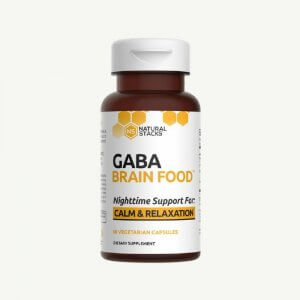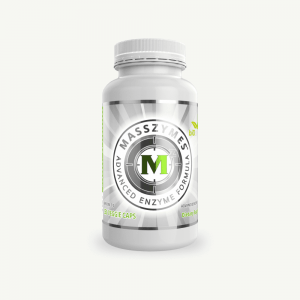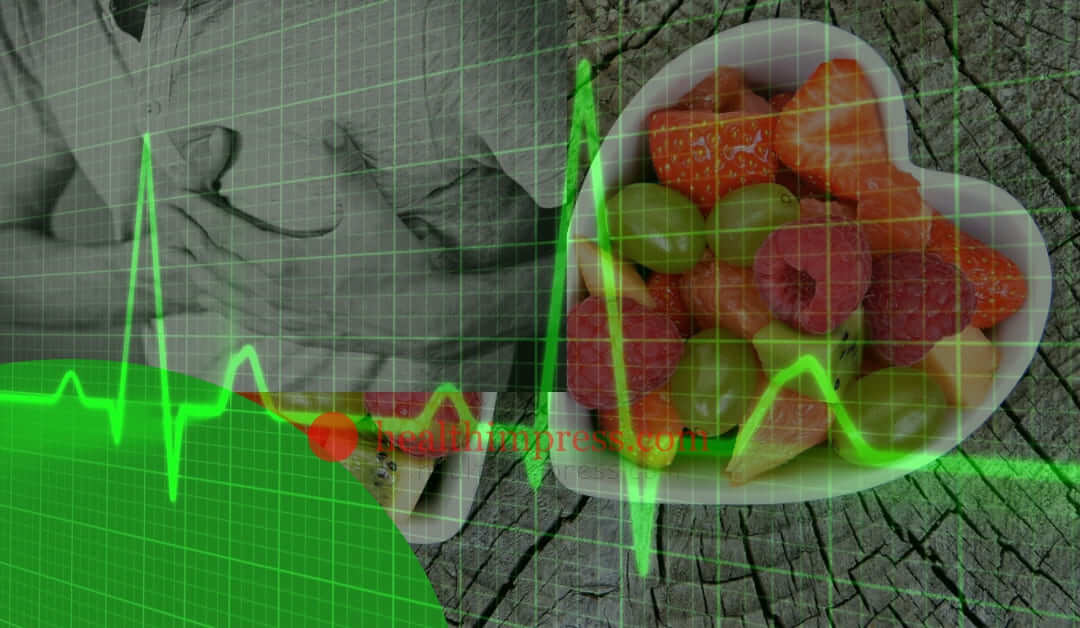General Health, Men's Health, Women's Health
Silent Heart Attack Causes & Remedies
A silent heart attack is one that has no symptoms at all, or should I say has no clear symptoms and therefore goes unnoticed.
It is only recognized after days, months, or even years. As a result of circulatory disorders, parts of the heart muscle die off. The irony about silent heart attacks, which is like a conundrum, is that they are more common in men than women but are more fatal in women.
In addition, after a silent heart attack, the risk of dying from heart disease is three times higher than that of people with a normal electrocardiogram (ECG), and the general risk of death increases by 34 percent.
Electrocardiogram, also known as EKG, is used to check for signs of heart disease. It is a test that basically records the electrical activity of your ticker through small electrode patches. These patches are attached to the skin of your chest, legs, and arms.
What are the symptoms of a silent heart attack?
A silent heart attack does not have the symptoms of a classic heart attack, which includes severe chest pain, shortness of breath, and a cold sweat.
Symptoms that can indicate a silent heart attack are frequent tiredness, malaise, listlessness, and shortness of breath.
The general feeling of discomfort, illness, or unease where the exact cause is difficult to identify is referred to as MALAISE..!
www.HealthImpress.com
Also, there may be feelings of weakness, dizziness, or fainting, which disappear again after a certain time or intensify over time until the heart patient collapses.
With this type of heart attack, and in many cases, the associated symptoms do disappear over time, and since the sufferer may not notice it at all, patients often do not see a doctor.
For this reason, silent heart attacks are particularly dangerous, and consequential damage to the heart remains unnoticed.
How to keep an eye on your heart risk
A silent heart attack is exceedingly difficult to diagnose, although not impossible, because it causes little or no symptoms such as dizziness, tiredness, or shortness of breath.
Therefore, those affected often do not contact their doctor and consequential damage remains untreated.
Also, a healthy diet is a sure way to beat heart diseases. We recommend doing the following:
- Eat plenty of vegetables and fruits
- Instead of plenty of starchy foods such as bread, rice, potatoes, and pasta, rather choose wholegrain varieties wherever possible
- Eat some milk and dairy products
- Take some meat, fish, eggs, beans, and other non-dairy sources of protein. Note that too much of everything is bad
- The holy grail is to only take a small amount of food and drinks high in fats and/or sugar.
Choose options that are lower in salt, fat, and sugar whenever possible.
What are the causes of a silent heart attack?
It has been established that the causes of a silent heart attack are practically the same as those of a typical heart attack.
One reason why this type of heart attack is typically silent is, in diabetic patients, for example, one can develop neuropathy.
Neuropathy is a disease or dysfunction of one or more peripheral nerves, typically causing numbness or weakness.
www.HealthImpress.com
This means that the excessively high blood sugar and insulin levels damage the blood vessels and permanently impair the nervous system so that the perception of symptoms is restricted. You can read about diabetes and what effects they have on erectile dysfunction HERE.
Another cause is the calcification of the vascular walls (called arteriosclerosis) of the arteries.
Calcification is the hardening of tissue or other material by the deposition of or conversion into calcium carbonate or some other insoluble calcium compounds.
www.lexico.com
Atherosclerosis means that less blood can flow through the body. This leads to the fact that not enough oxygen and nutrients reach the organs and the heart, with every severe physical or emotional stress.
A silent heart attack can occur, as a result of which the heart muscles die, just like in a classic heart attack. How exactly arteriosclerosis develops, and the risk factors it can cause is a research article for another time.
Physical and emotional stress can be triggered by stress in everyday life, at work or in the family, as well as by smoking, lack of exercise, and being overweight.
The consequence of a silent heart attack is often a pronounced pumping weakness of the heart. This causes an increased heart rate and cardiac arrhythmias, and thus permanently restricts the everyday life of those affected.
Arrhythmias is the abnormality of the heart’s rhythm, where the heartbeat is irregular and can be too slow, or too quick.
www.HealthImpress.com
Due to the scarring on the heart muscle, life expectancy is reduced many times over and the heart remains permanently damaged.
In addition, the risk of another heart attack increases. Why exactly every second heart attack is silent has not yet been clarified.
What can you do if you have a silent heart attack?
According to a study from May 2016, almost every second heart attack is silent and can only be detected with an electrocardiogram. But there are also limitations here, as not all heart problems can be diagnosed immediately.
Routine electrocardiogram measurements can increase the probability of a silent heart attack being detected. Long-term ECG systems with only one to three-channel systems are not helpful because they cannot reveal heart attacks.
A 12-lead ECG, on the other hand, can detect heart attacks. With ViATOM EKG-Monitor, such an ECG can be carried out at the moment when pain occurs, and regular routine measurements can be carried out. This enables a more precise diagnosis and a more sustainable therapeutic success.
Conclusion
To avoid further silent heart attacks, you should take time out for yourself and your heart. It is important to have a healthy lifestyle, without smoking, a healthy diet, little alcohol, and a lot of exercises.
In general, if symptoms such as dizziness, shortness of breath, chest pain, and rapid fatigue occur frequently, it is advisable to check your heart activities regularly.
If symptoms such as chest pain (angina pectoris) persist for a long time, a doctor should be consulted immediately in order to prevent further cardiac muscle tissue from dying off and consequent damage.
For more in-depth knowledge, read about how to survive heart attacks and cardiac arrests.
Recommended For You!
-
Product on sale
 The New GABA Brain FoodOriginal price was: $39.95.$29.96Current price is: $29.96.
The New GABA Brain FoodOriginal price was: $39.95.$29.96Current price is: $29.96. -
 The Back Pain Relief$67.00
The Back Pain Relief$67.00 -
 New MassZymes Advanced Enzyme Formula$69.00
New MassZymes Advanced Enzyme Formula$69.00 -
 Best Fat Burning Fingerprint$33.71
Best Fat Burning Fingerprint$33.71


